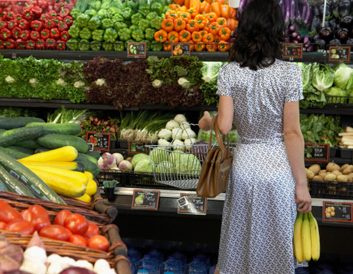
Vegetables
Eat veggies rather than red meat and dairy just one day a week, and your family of four will eliminate the greenhouse gases equivalent to those produced by a 760-mile car trip, say researchers from Carnegie Mellon University in Pittsburgh. Kilogram for kilogram, vegetables are just incredibly more efficient and earth-friendly to raise than livestock.
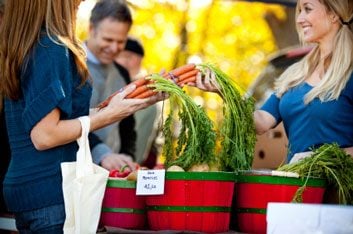
Local and fresh
Research shows that where food comes from isn’t nearly as big an environmental concern as what the food is and how it was raised (roughly 11 percent of greenhouse gases related to food is due to transportation). But local food benefits the environment in ways beyond just reduced transportation costs. Fresh, local food spends less time in the refrigerator or freezer; often uses less pesticides, fungicides and fertilizers than large-scale industrial farms; requires no chemical preservatives; and has more nutrients, keeping you healthier.
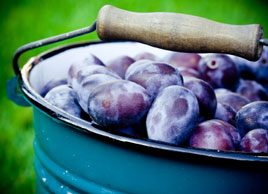
Sun-ripened
Sun-ripened fruits and vegetables generate fewer emissions than produce raised in heated greenhouses.
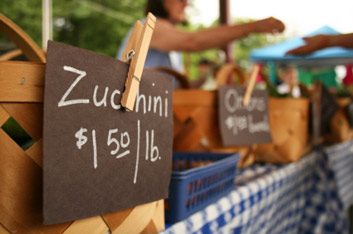
In-season foods
Rely on the regional food that’s most plentiful month to month, and you’ll avoid buying produce that’s been in cold storage for long periods. Also take advantage of produce gluts, when retailers often sell items more cheaply.
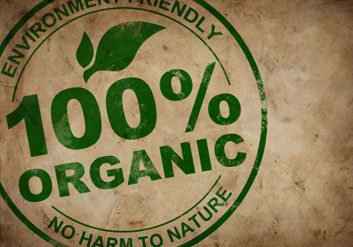
Organic foods
The definition of “organic food” changes by market. But in general, it means foods grown and processed using methods that recycle resources and promote biodiversity; and that don’t use synthetic pesticides, bioengineered genes, or petroleum- or sewage-based fertilizers. Even if you don’t believe organic foods are better for you, they are definitely better for the environment.
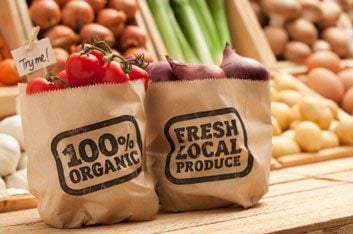
Sustainable foods
A sustainable food is raised in a way that doesn’t harm the environment it is grown in. This is becoming an increasingly important issue. Many mass-farming techniques can devastate the land by permanently removing nutrients, top soil, and fresh water from an environment, leaving it in a desert-like state. If possible, look for foods that are labeled organic and sustainable.

Tap water
Whether at home or at a restaurant, if you are in a location with safe local water, choose tap over bottled. The amount of glass and plastic garbage being generated by bottled water is staggering.
Related:
• Produce with the highest pesticide levels
• Vancouver: 10 hot spots for sustainable eating
• 5 foods worth buying organic
